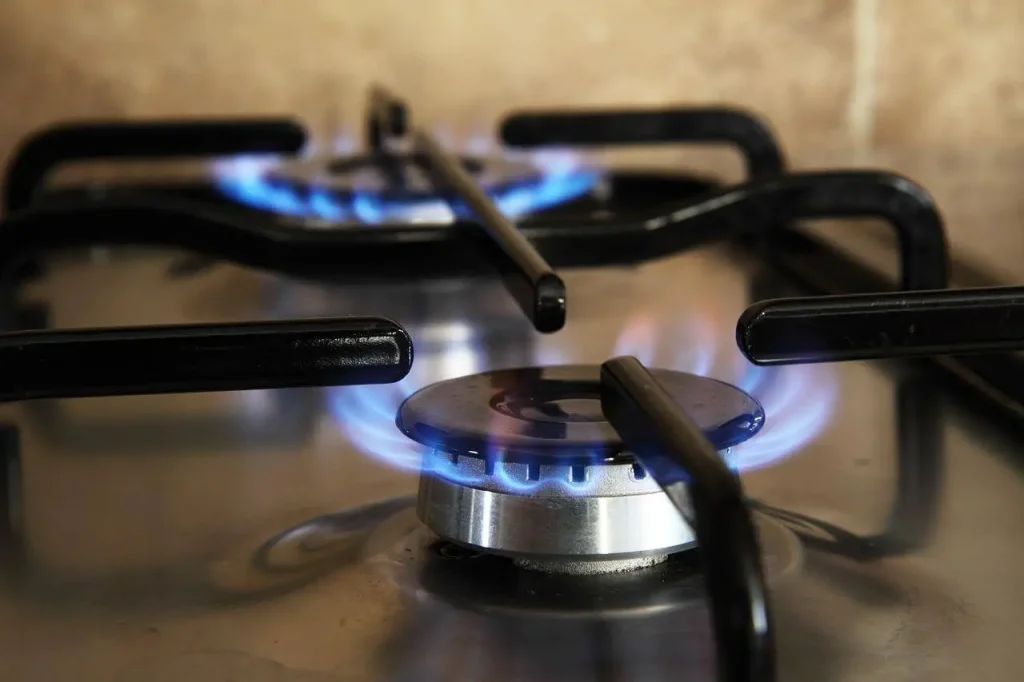The developments concerning the global energy sector are unprecedented and the war in Ukraine just worsened the situation in particular, the gas crisis, Danijel Žamboki, the head of the management board of the Croatian Energy Regulatory Agency (HERA) said addressing the forum organised by the Energy Marketing organisation.
He underscored that in the “worst-case scenario” Croatia is in a significantly better position than other European countries because of its diversified supply direction with the LNG terminal on Krk Island and indications of increased domestic production.
In addition, until now, Croatian consumers have been protected against gas price hikes that are unprecedented in Europe.
The director of Croatia’s largest gas distributor – Gradska Plinara Zagreb (GPZ) – Miroslav Živko, said that despite the crisis GPZ can ensure the continuation of business and he announced investments in green technology such as hydrogen.
Croatia also has great potential with geothermal energy sources.
Energy price hikes – a trigger for recession
Professor of Faculty of Economics, University of Rijeka – Faculty of Economics and Business University of Rijeka Nela Vlahinić Lenz warned that energy price hikes are a classic trigger for recession, which is usually preceded by high inflation and increased interest rates.
Official data regarding inflation in Croatia aren’t that bad, said the professor and added the perception has become heightened.
Monetary authorities need to be concerned with how to restrict inflation without interest rates increasing and the economy going into recession.
She expects the main impact to be felt in the autumn when price increases are inbuilt in goods and services however inflation could increase in the spring.
She added that there had not been government measures to address the inflation in the first quarter most probably because the cabinet did not want to increase the government deficit and adversely affect the plans for accession to the euro area.
Vlahinić Lenz believes that economic growth this year will be significantly lower than planned and the question is what the government can still do to buffer the effects of the energy price hike. Europe is no longer running away from state control over energy prices and possibly subsidising households and the economy.
“Public finances are doing well and the government has room for that,” concluded Vlahinić Lenz.
Business: For more, check out our business section









